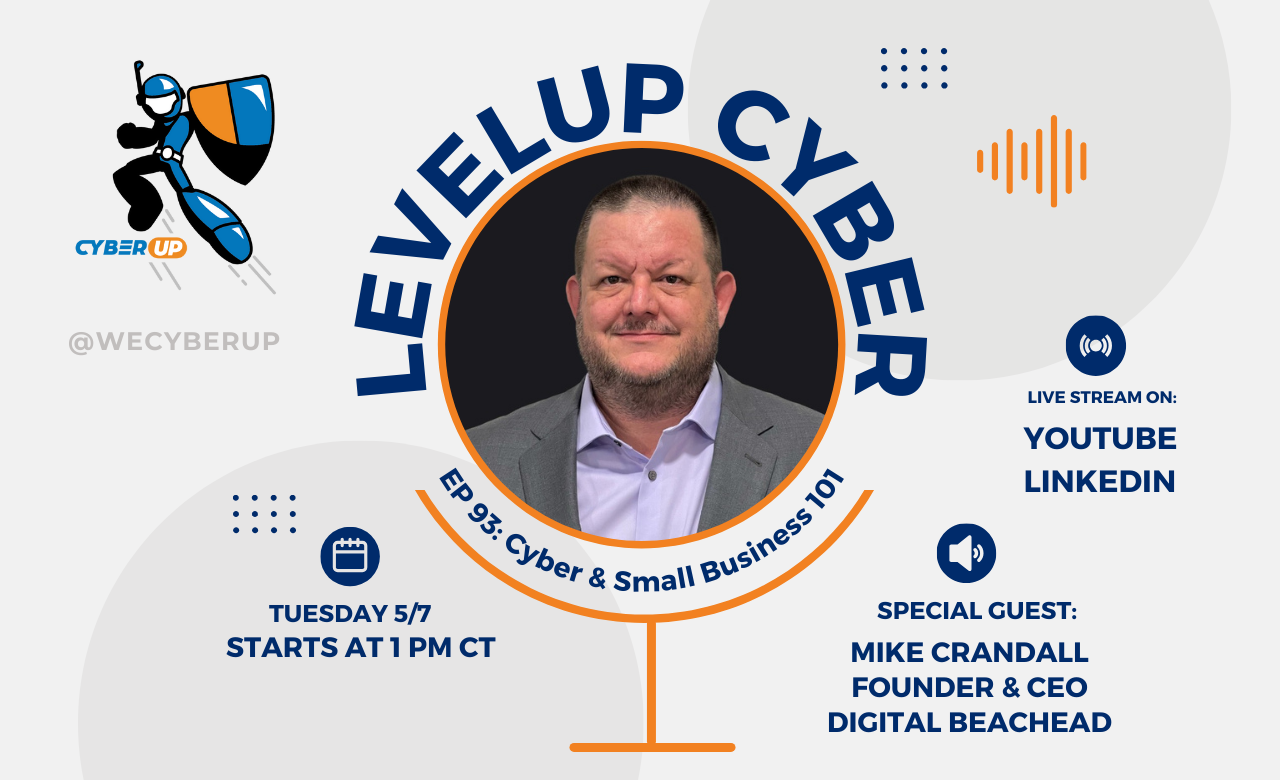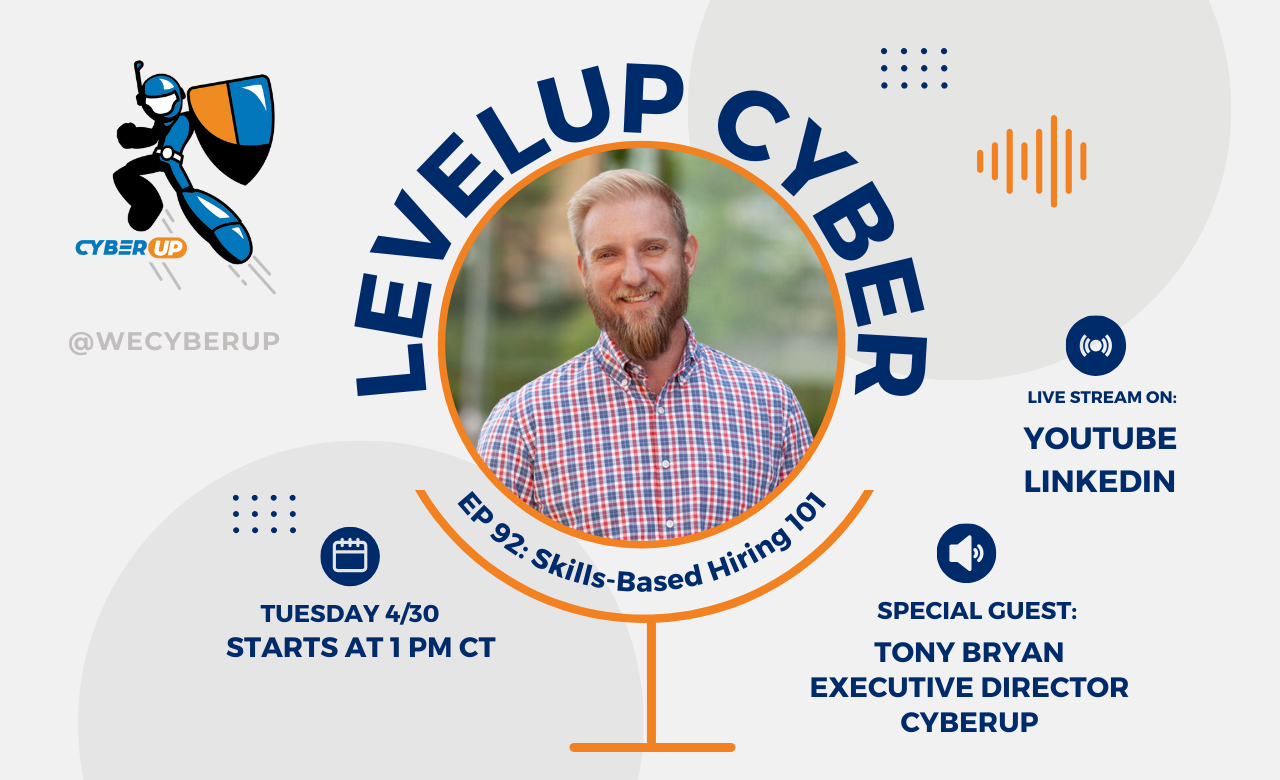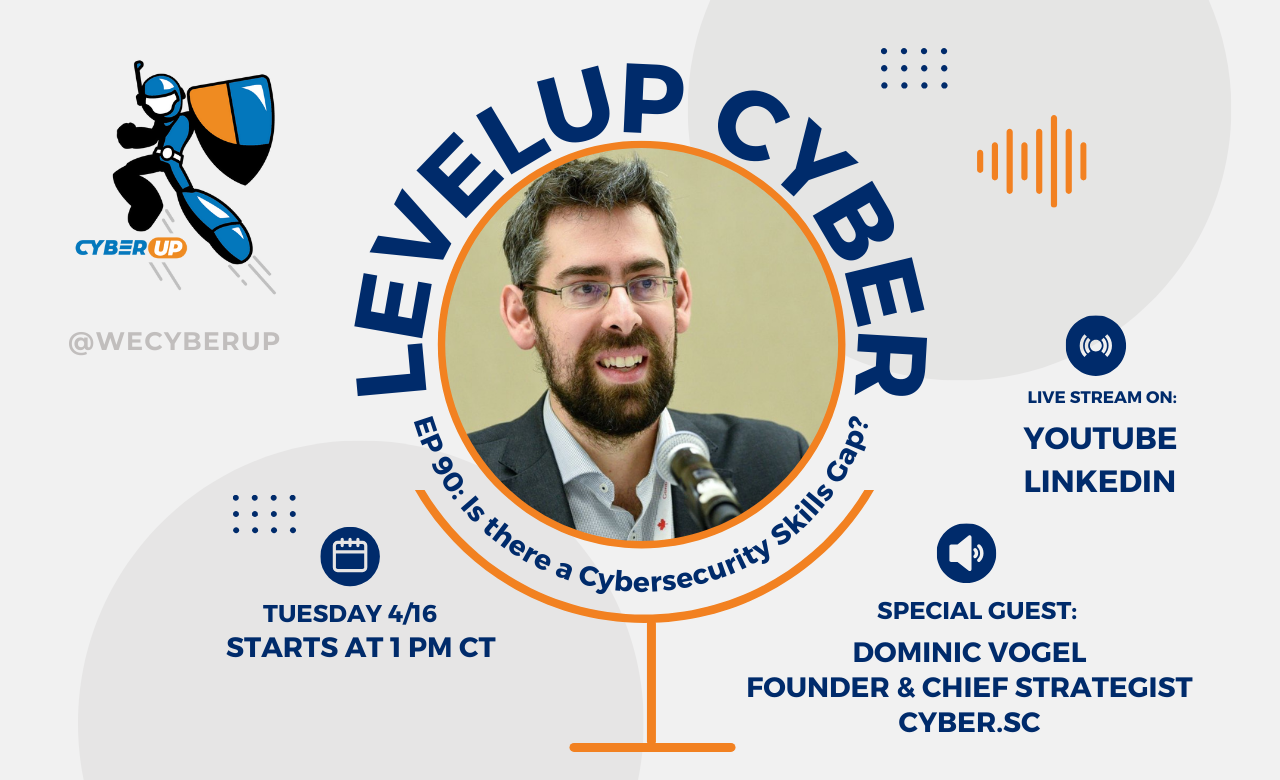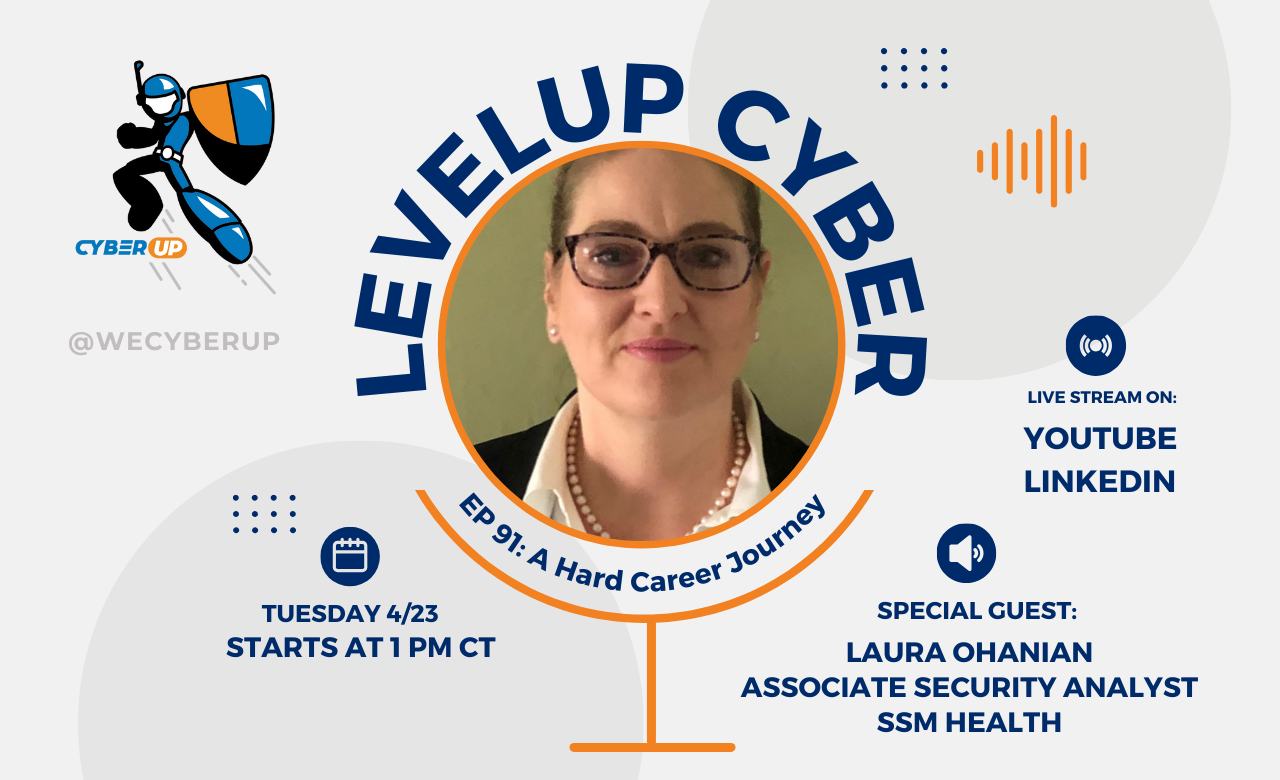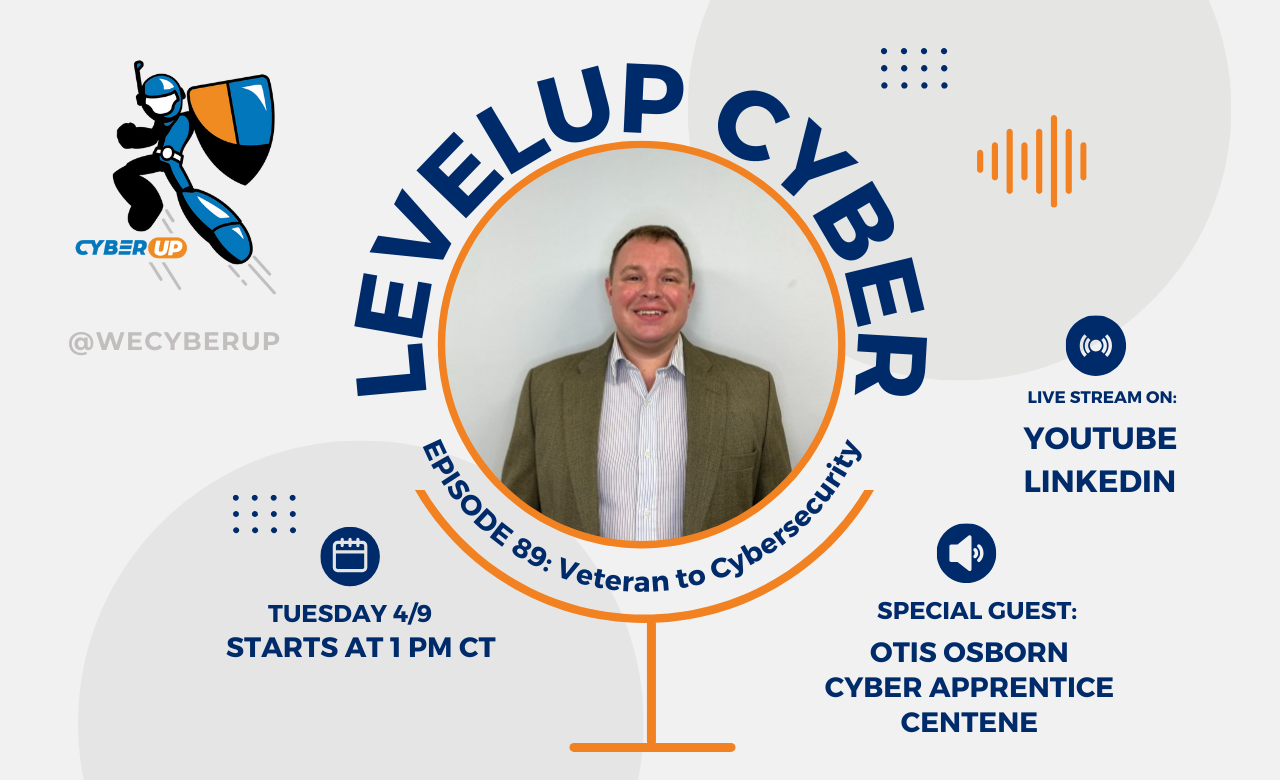Apprentice Success Story: Laura Ohanian
Beginning a New Chapter
Laura Ohanian's transition into cybersecurity began with a strong foundation in psychology and web design, and a determination to find a more stable and lucrative career to support her role as a single mom. Before joining CyberUp, Laura worked as an engraver at Scott Air Force Base and held diverse roles including a licensed esthetician. Her decision to shift careers was fueled by the growing demand in cybersecurity and the support structure provided by CyberUp’s apprenticeship program. Laura's journey in cybersecurity started with gaining her CompTIA Security+ certification, which equipped her to take on her new role as an associate information security analyst.
Growth and Learning
By the three-month mark, Laura had already taken charge of critical tasks such as managing the phishing email inbox and handling service requests for access to applications and workstations. Despite feeling occasionally behind her peers with IT degrees, Laura’s dedication and constant learning kept her job enjoyable and fulfilling. Six months into her role, she appreciated the never-ending learning curve in cybersecurity and expressed a desire to delve deeper into Governance, Risk, and Compliance (GRC), reflecting her passion for understanding the broader implications of cybersecurity measures.
A Year of Achievements and Aspirations
Approaching her one-year anniversary with CyberUp, Laura highlighted the emotional support and hands-on training that were instrumental in her professional development. Her ability to overcome challenges, especially in solitary study, was significantly aided by the resources and mentoring provided by CyberUp. Looking ahead, Laura aims to deepen her expertise in the GRC field and acquire further certifications to advance her career.
During this transformative year, Laura also made significant contributions to cybersecurity initiatives at SSM Health, where her role involved safeguarding sensitive medical data and ensuring compliance with healthcare regulations. Her involvement in developing and implementing security measures has been critical in protecting patient information and enhancing the organization's overall security framework. This experience at SSM Health not only sharpened her skills but also reinforced her commitment to the field, setting a solid foundation for her future aspirations in cybersecurity.
Contributing Back to the Community
Laura is not just committed to her own growth but is also eager to give back to the community that supported her. She has expressed interest in mentoring within CyberUp’s youth and alumni programs, hoping to guide others through their cybersecurity journey.
Laura’s story is a compelling example of how resilience, continuous learning, and community support can transform careers and lives. Her experience inspires current and prospective CyberUp candidates to pursue their goals with determination and seek the support they need to succeed.





